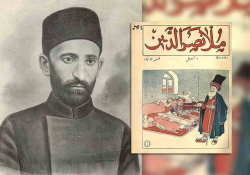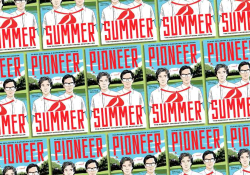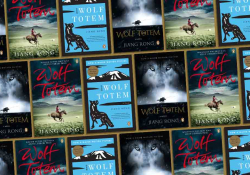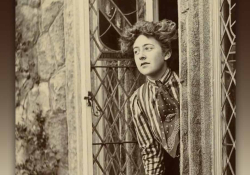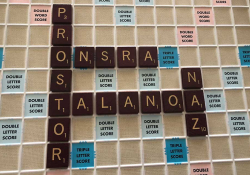A Reply to Wendy Call and Whitney DeVos

Editorial note: The following is in reply to Wendy Call and Whitney DeVos’s letter to the editor, which itself is in response to the author’s “Language as Refuge” column in the March 2025 issue.
I very much appreciate the feedback from Wendy Call and Whitney DeVos. It is always lovely to see individuals engaging with what I have written and posing their own thoughts and challenges to it. I thank them very much for taking the time to read my work and respond to it.
That said, I was somewhat mystified to see myself characterized as a supporter of the “hegemonic dominance of English and the lack of appreciation for minoritized languages,” when the original premise of my column was precisely to highlight, explore, and celebrate the cultural and historical roots of words and concepts from non-English languages. I would refer the authors to prior columns, where I engage in precisely the kinds of discourses around linguistic hegemony and pluralism that they seem to think I am contrary toward. I would also refer them to the decades of work I have done in translated literature, supporting the translation and propagation of literatures from dozens of languages into English.
As to my point about art, love, and god, perhaps I was not being clear enough? Rather than making a statement about the importance of “Western” ideas (although I note that, contrary to what Call and DeVos say, these concepts are generally thought of as universal and greatly transcend the Western sphere), my point was that in realizing how lost I would feel in a language that did not include these ideas, I was able to better appreciate what a speaker of a language quite different from my own might feel at the loss of their own cherished linguistic ideas.
Furthermore, I am rather confused by the animosity toward those who engage with Toki Pona, Boontling, and other “argots,” as the authors put it. I think I have made clear that I am quite aware of the distinctions they are employing between what they call a “language” and an “argot”—in the column, I go into detail discussing Perlin’s in-depth consideration of the “‘vertical village’ of Nepalese living in a high-rise apartment building in Brooklyn” to discuss how crucial linguistic preservation is to communities, while augmenting Perlin’s work with the ideas of other researchers, such as Suzanne Romaine, Daniel Nettle, and David Crystal.
That said, the dismissal of what people find in expressive systems like Toki Pona and Boontling is unfortunate. Call and DeVos might look to Eisa Davis’s Pulitzer Prize–winning play Bulrusher to see just how valuable something like Boontling is to real human beings and human communities. They might also look to the thousands of people whose lives have greatly benefited by getting to engage with Toki Pona and the communities around it. (I would also add that many researchers consider Toki Pona a useful language—see, for instance, Sokolova & Makarov 2024 and Kitao 2024.)
Lastly, may I remind them that full-fledged languages often begin as sublanguages. I would hope that the authors would take part in the spirit of intellectual curiosity and exploration that they exhort me toward and see just how much these practices have brought to human beings and their communities. They might be surprised by what they find.
Oakland, California


